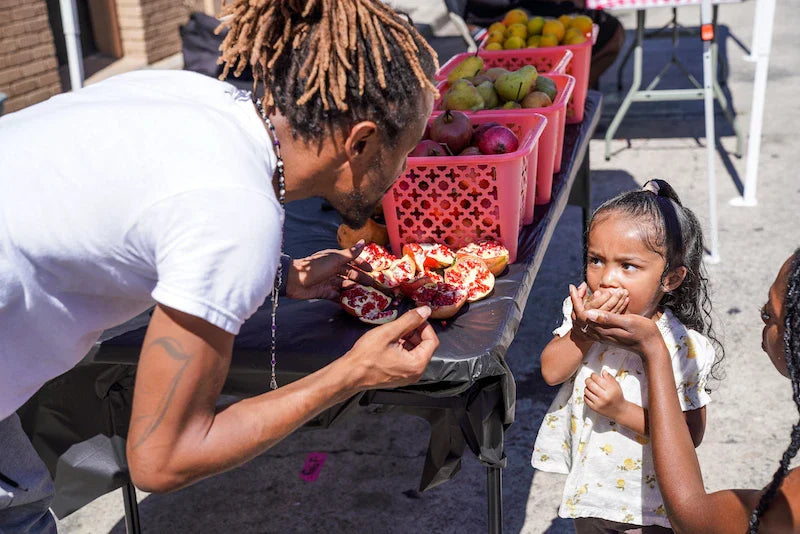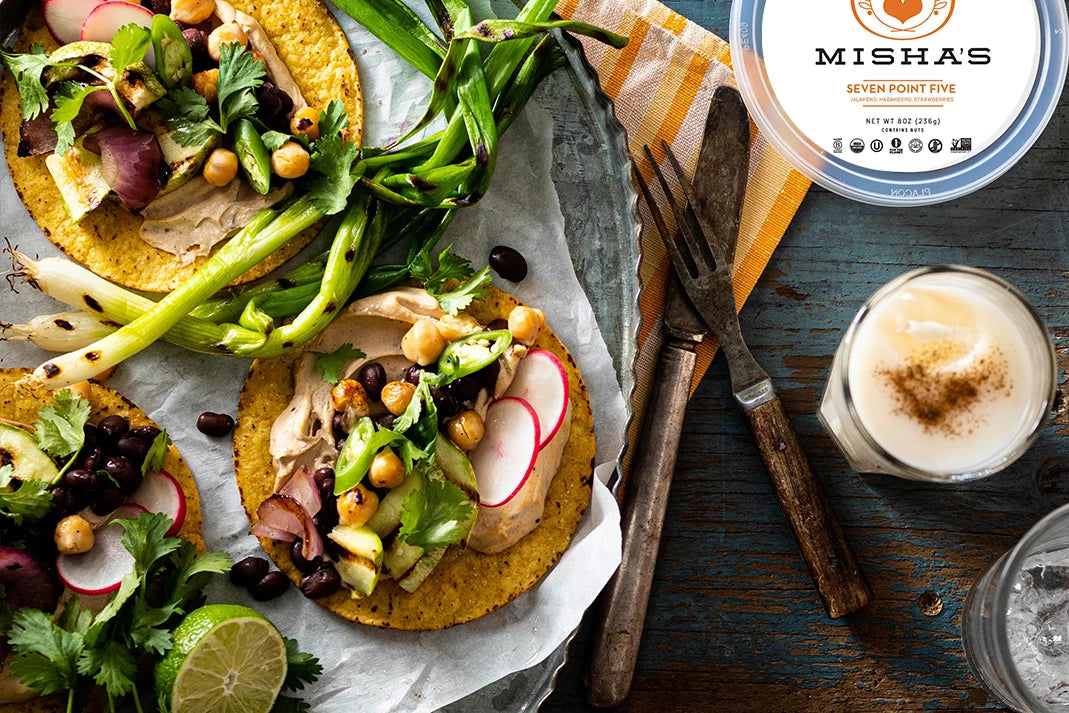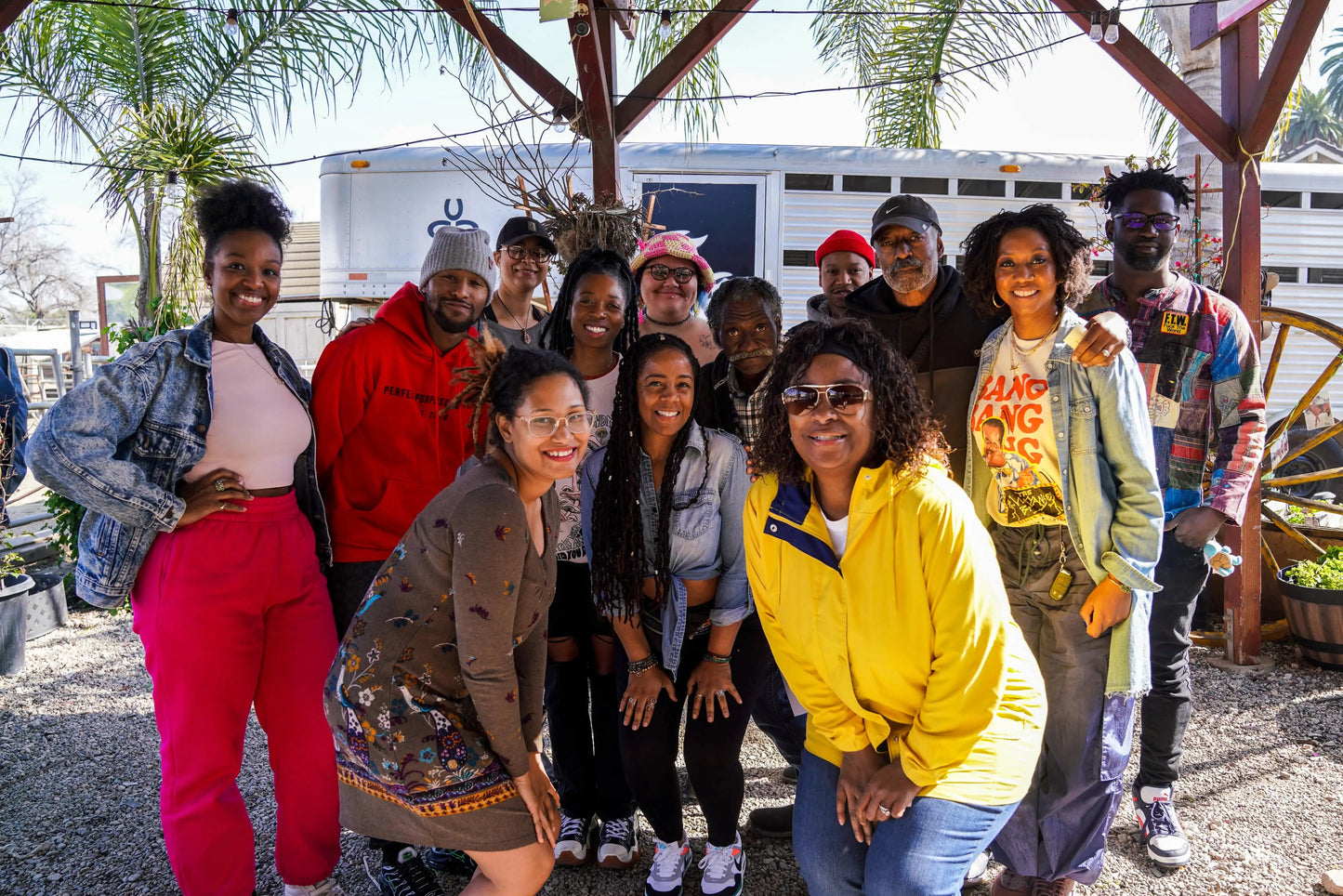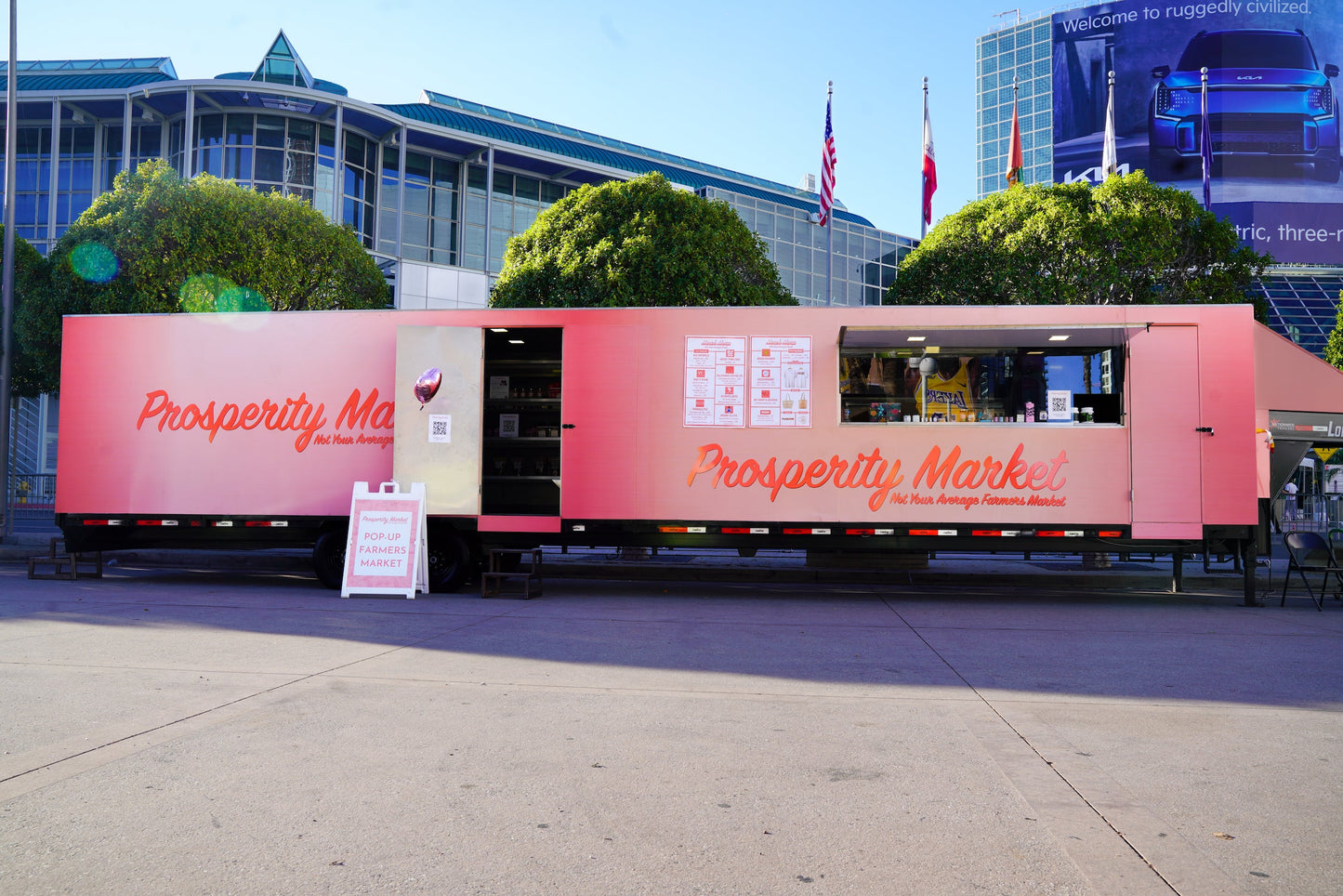

The Short Story
California is the largest agricultural producing state in the country, yet Los Angeles has the highest number of people experiencing food insecurity. In other words, we grow the most food and we have the hungriest people.
Currently there are 2.6 Million Angelenos struggling to access healthy, affordable food. The numbers continue to fluctuate, and without an effective solution, are likely to trend even higher as we face continued economic uncertainty.
South Los Angeles only has 91 grocery stores to service its population of 820,000. That equals 1 store for every 9,025 residents.
1 in 8 people in Los Angeles have said they can’t find fresh produce in their neighborhoods, and 1 in 5 can’t afford it.
A lack of access to healthy affordable food causes a reliance on fast food and convenience stores, which puts residents at risk of diet-related health issues such as diabetes, heart disease, hypertension, high cholesterol, and obesity. These are all pre-existing conditions which make black and brown communities more susceptible to COVID 19.
Only 2.2% of U.S. employer businesses are black-owned, and they receive less than 2% of the nation's sales. ⅔ of all black businesses are located in the hardest hit COVID areas, resulting in 41% having to close. Black farmers make up only 1.3% of the 3.4 million total farmers in this nation.
The Solution
As a mobile market, we are uniquely positioned to address the issues of food insecurity that disproportionately affect our community.
We believe that by focusing on our local food system, not only can we feed our neighbors, we can also create a substantial economic impact.
By providing a platform for black farmers and food producers who have long been marginalized, we are creating jobs throughout the entire supply chain, strengthening our ecosystem, and stimulating the economy. We are creating an equitable solution to an age old problem. Prosperity Market is a win for everyone!
Sources
- Chauncey Alcorn, “Black-owned companies are shutting down twice as fast as other businesses”. CNN. 4 Aug. 2020 https://www.cnn.com/2020/08/04/economy/black-business-coronavirus-study/index.html
- Los Angeles Food Policy Council. 2020 Food Systems Dashboard https://www.goodfoodla.org/foodsystemdashboard
- “There were nearly a million black farmers in 1920. Why have they disappeared?” The Guardian. April 2019, https://www.theguardian.com/environment/2019/apr/29/why-have-americas-black-farmers-disappeared
- Usafacts.org. “A higher share of Black-owned businesses are women-owned than non-Black businesses.” 23 Sept. 2020, https://usafacts.org/articles/black-women-business-month/
- “Virtual Townhall: How Can We Build a Resilient Food Systems Panel”, California Climate & Agricultural Network (CalCAN), 14 Dec. 2020.






